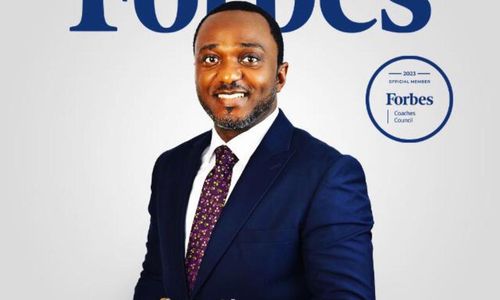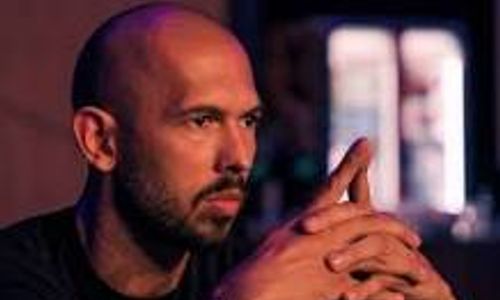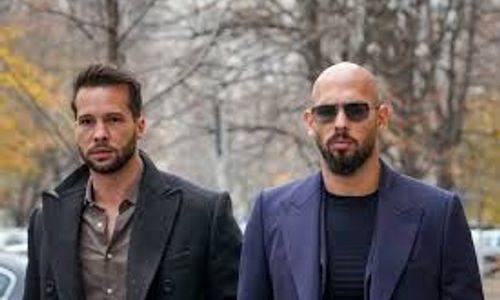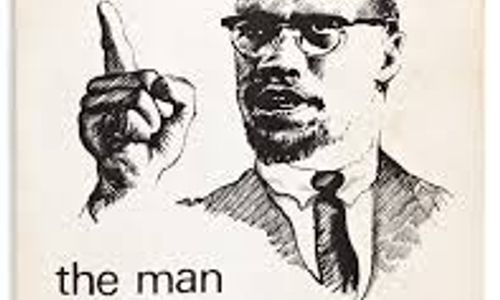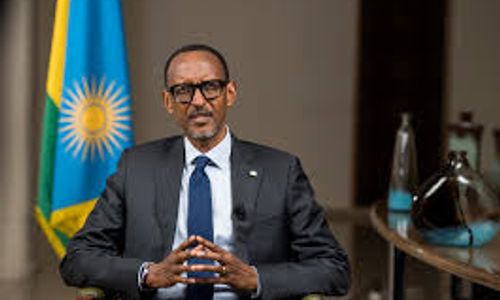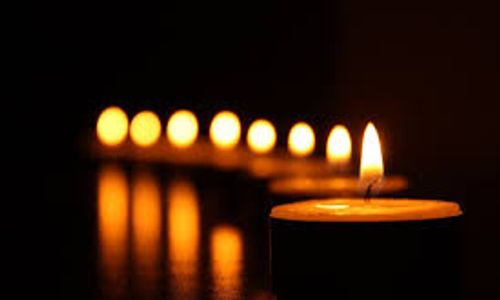His Excellence Paul Kagame (born October 23, 1957, Tambwe, Ruanda-Urundi [now in Rwanda]). Kagame grew up in exile in Uganda, where his parents had taken him as a young child when Hutu violence toward the Tutsi flared in 1959 during the buildup to Rwandan independence from Belgium. In Uganda, he studied at Makerere University in Kampala, before joining the forces of Yoweri Museveni, who overthrew Uganda’s military government in 1986. Kagame became Museveni’s chief of intelligence and gained a reputation for incorruptibility and severity by enforcing a stringent code of behavior.
Many Ugandans resented the Rwandan presence in their country, however, and, as the 1980s closed, Kagame and three other expatriate Rwandan military leaders formed the Tutsi-led RPF and plotted an invasion of their homeland. In 1990, while Kagame was studying at the U.S. Army Command and General Staff College in Fort Leavenworth, Kansas, that invasion—mostly involving Tutsi veterans of the Ugandan army—was undertaken and repulsed. In the process the other three members of the RPF command were killed. Kagame assumed direction of the civil war, which was suspended in August 1993 by a peace agreement that promised—but never delivered—real power sharing.
Early in April 1994 Rwandan Pres. Juvénal Habyarimana, a Hutu, was killed when his plane was shot down over Kigali, the capital of Rwanda. This sparked a campaign of genocide against the Tutsi and their moderate Hutu allies. In response, Kagame led a force of 10,000–14,000 RPF soldiers against the Hutu forces perpetrating the genocide. By eschewing direct assaults and utilizing protracted artillery attacks on enemy strongholds, Kagame’s forces were able to minimize casualties and retake Kigali in early July. By that time, however, more than 1,000,000 people had been killed in the genocide. The RPF set up a new government that had for its president a Hutu, Pasteur Bizimungu, but the real power appeared to rest with Kagame, who, at the age of 37, assumed the titles of vice president and minister of defense. In 2000 he was elected president of Rwanda’s transitional government by the National Assembly.
After the genocide, many Hutu forces had fled to neighboring Zaire (after May 1997, the Democratic Republic of the Congo [DRC]) and used the country as a base from which to attack Rwanda.
During the 2003 presidential campaign, Kagame portrayed himself as a Rwandan rather than a Tutsi and attempted to downplay the existence of ethnic strife in the country. Kagame won a landslide victory in the country’s first multiparty elections. He was sworn into office on September 12, ending the nine-year transitional government. A major focus of his presidency was building national unity and the country’s economy. In 2010 Kagame sought reelection. Official results indicated that Kagame had been reelected with 95 percent of the vote.
Kagame continued to work toward rebuilding the country and was lauded for making notable gains, such as fostering a consistently strong economy and having improved social conditions in Rwanda. Still, he remained popular in many circles at home and abroad.
Discussion of amending the constitution to allow Kagame to continue to serve as president after his current term ended circulated as early as 2013 and grew stronger in the following years. In a referendum held in 2015, voters approved amendments to the constitution that would allow Kagame to serve a third seven-year term; in addition, he would be eligible to serve two five-year terms after that, giving him the potential to hold the office until 2034. Shortly after the constitution was amended, Kagame announced that he would indeed stand in the upcoming 2017 presidential election; his decision to stand for yet another term was met with some criticism from the international community. He easily won reelection in the August 4 poll, taking more than 98 percent of the vote in a landslide victory against the other two presidential candidates.
.jpg)
